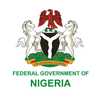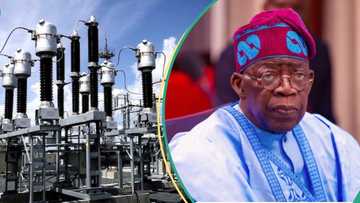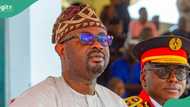
Federal Government Of Nigeria
The Federal Government of Nigeria operates as a federal presidential republic, established under the 1999 Constitution, which restored democratic governance after years of military rule.
The government is structured into three branches: executive, legislative, and judicial, ensuring a separation of powers.
The executive is headed by President Bola Tinubu, who assumed office on May 29, 2023, with Vice President Kashim Shettima.
Executive Branch
The President serves as both the head of state and government, overseeing the federal administration. In 2023, President Tinubu inaugurated a 45-member Cabinet, the largest since 1999, comprising technocrats and political figures.
Key appointments include Wale Edun as Finance Minister and Ali Pate as Health Minister.
Legislative Branch
The National Assembly consists of two chambers: the Senate and the House of Representatives. The Senate is led by President Godswill Akpabio, while the House is headed by Speaker Tajudeen Abbas. Together, they legislate on national issues and provide checks on executive actions.
Judicial Branch
The judiciary is independent, with the Supreme Court at its apex. In 2025, Justice Kudirat Kekere-Ekun serves as the Chief Justice, overseeing the judicial system's operations and ensuring the rule of law.
Despite democratic structures, Nigeria faces challenges such as economic instability, high inflation, and security concerns, including widespread kidnappings and insurgent activities.
The government continues to implement reforms aimed at addressing these issues and promoting national development.















